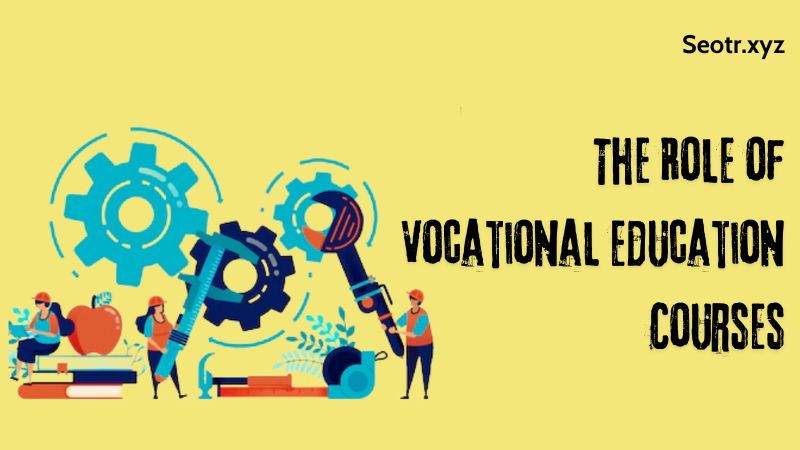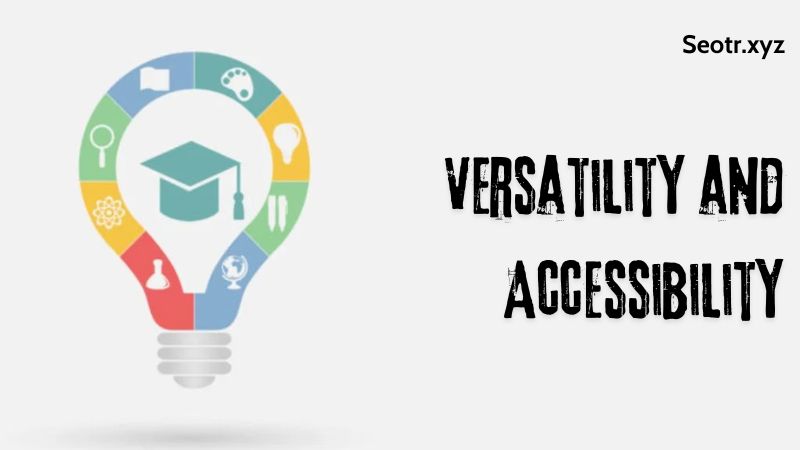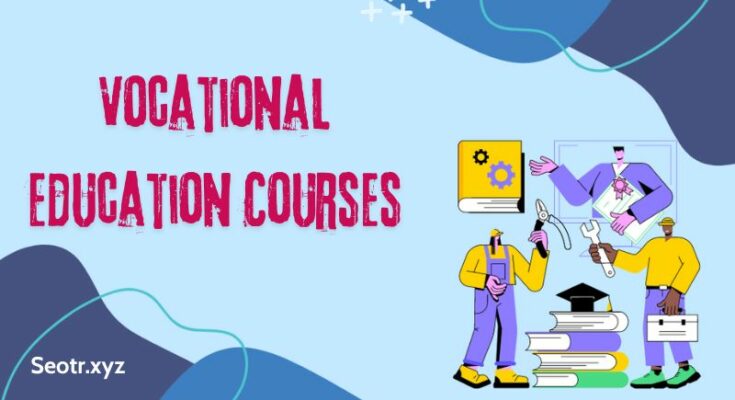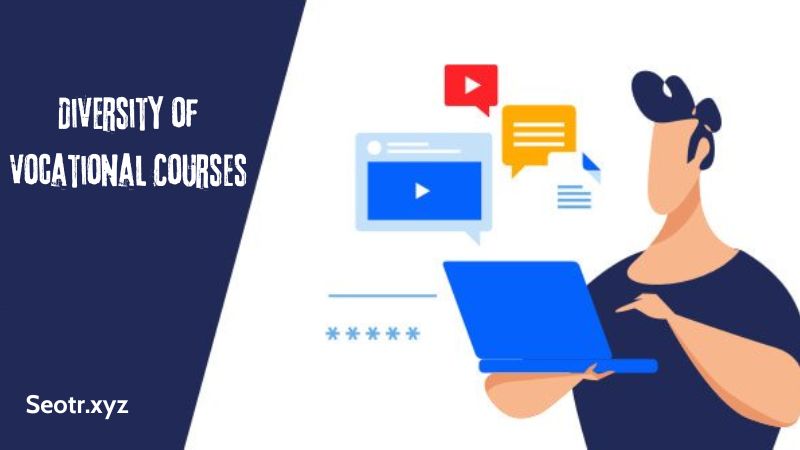In an ever-evolving job market, the demand for skilled professionals continues to soar. As industries adapt to technological advancements and shifting trends, the need for individuals equipped with practical skills and specialized knowledge becomes increasingly evident. Seotr.xyz, this is where vocational education courses step in, offering tailored programs designed to prepare individuals for specific careers or trades.
The Role of Vocational Education Courses
Vocational education courses, often referred to as technical or career education, serve as the bridge between academic learning and practical application. Unlike traditional academic paths that focus primarily on theoretical knowledge, vocational education courses prioritize hands-on training and skill development. This approach not only enhances students’ employability but also addresses the growing demand for specialized skills in various industries.

Hands-On Experience
One of the distinguishing features of vocational education courses is their emphasis on real-world experience. Whether it’s through internships, apprenticeships, or on-the-job training, students enrolled in these programs have the opportunity to apply their learning in practical settings. This hands-on approach not only reinforces theoretical concepts but also allows students to gain valuable insights into their chosen field.
Versatility and Accessibility
The versatility of vocational education courses is another compelling aspect. These programs cater to individuals at different stages of their educational journey and career path. High school students, for instance, can explore vocational education as a viable alternative to traditional college pathways. By enrolling in vocational courses early on, students can acquire marketable skills and enter the workforce with a competitive edge.

Similarly, adults looking to transition into new careers or enhance their existing skills can benefit greatly from vocational education courses. Whether it’s retraining for a high-demand industry or acquiring specialized expertise in a particular field, vocational programs offer flexible options to accommodate diverse learner needs. This accessibility makes vocational education a valuable resource for individuals seeking to stay relevant in today’s dynamic job market.
Addressing the Skills Gap
Furthermore, vocational education courses play a crucial role in addressing the skills gap that exists in many industries. As technology continues to reshape the labor landscape, employers are increasingly seeking candidates with specific technical proficiencies. Vocational programs, with their focus on practical skill development, are well-positioned to meet this demand. By aligning curriculum with industry requirements and leveraging partnerships with employers, vocational institutions ensure that graduates are job-ready upon completion of their courses.
The impact of vocational education courses extends beyond individual career advancement. These programs also contribute to economic growth and workforce development at both local and national levels. By equipping individuals with the skills needed to fill critical roles in various sectors, vocational education fosters innovation, productivity, and competitiveness. Moreover, the availability of skilled workers enhances the overall stability and resilience of the labor market.
Diversity of Vocational Courses
Soft Skills Development
Success Stories
The success stories of individuals who have benefited from vocational education courses are testament to the transformative power of these programs. From landing fulfilling careers to achieving upward mobility and financial stability, vocational graduates exemplify the tangible impact of practical skill development. By equipping individuals with the tools they need to succeed, vocational education courses empower individuals to chart their own paths to success.
Final Thought
To sum up, vocational education courses play a vital role in preparing individuals for the demands of today’s workforce. By providing hands-on training, specialized skills, and real-world experience, these programs bridge the gap between education and employment. Whether it’s high school students exploring career options, adults seeking career changes, or professionals looking to enhance their skills, vocational education courses offer pathways to success. As industries continue to evolve, the importance of vocational education in meeting the demands of the labor market will only continue to grow. It’s time to recognize the value of vocational education and invest in its continued expansion and accessibility for all.




